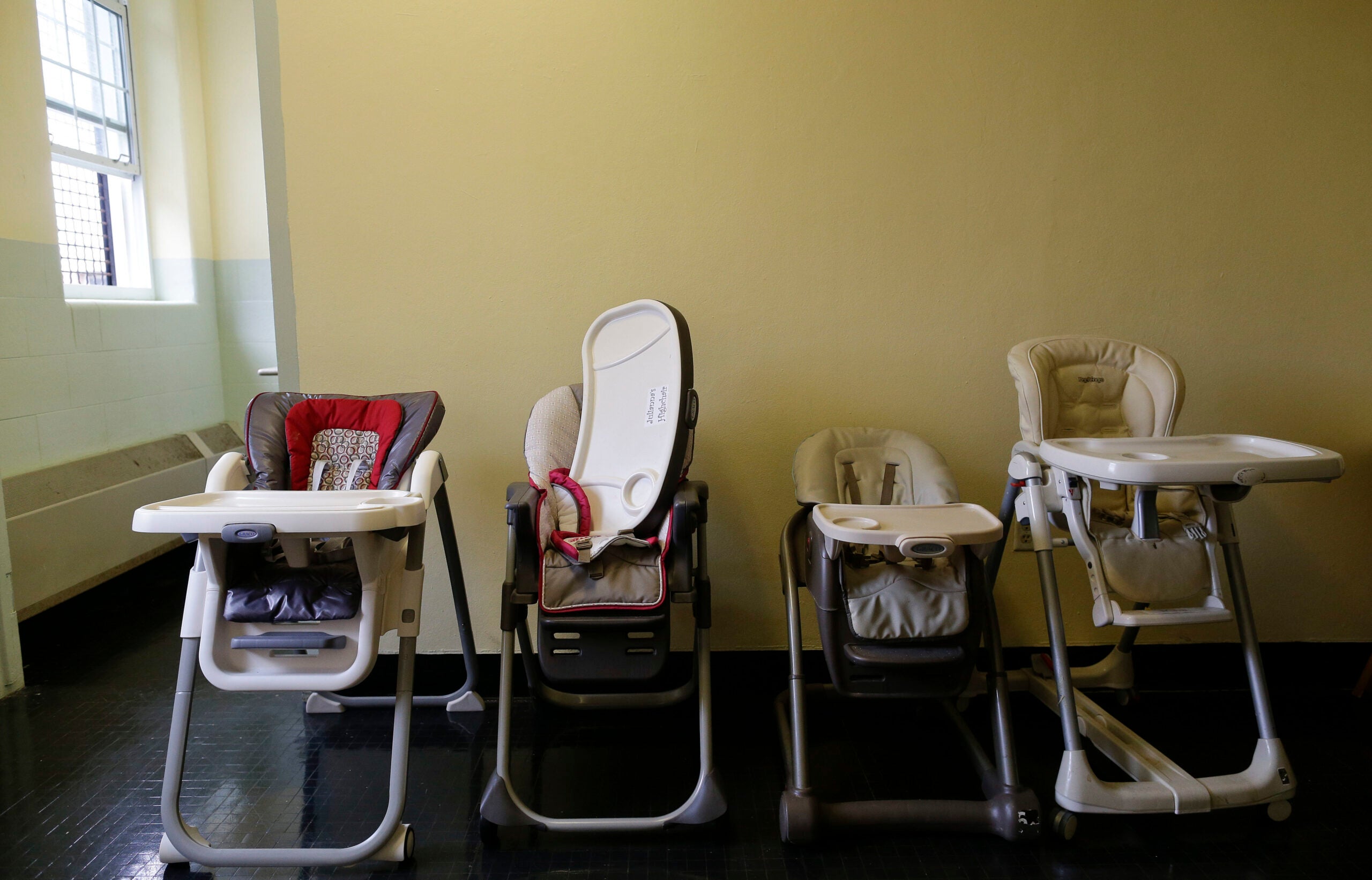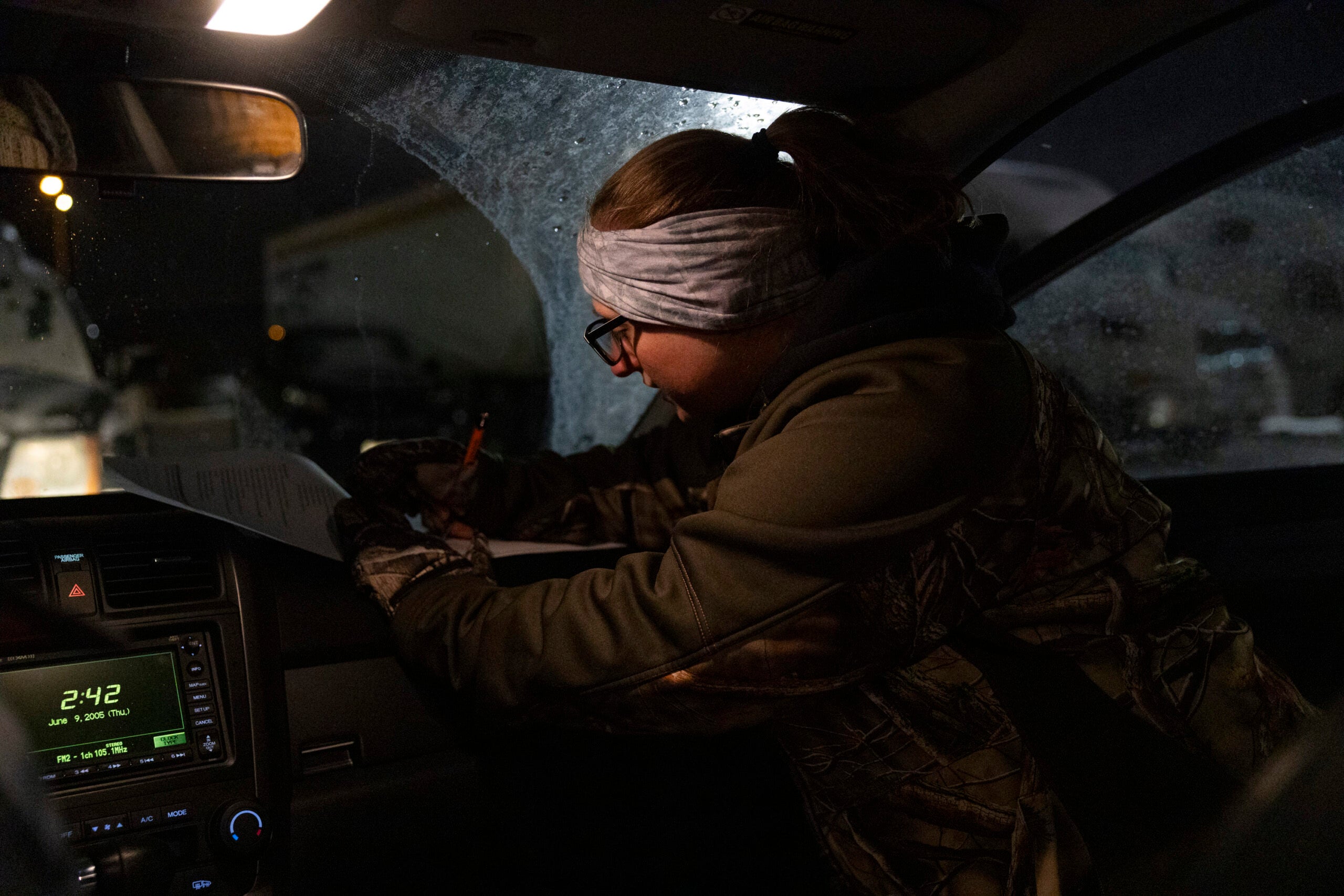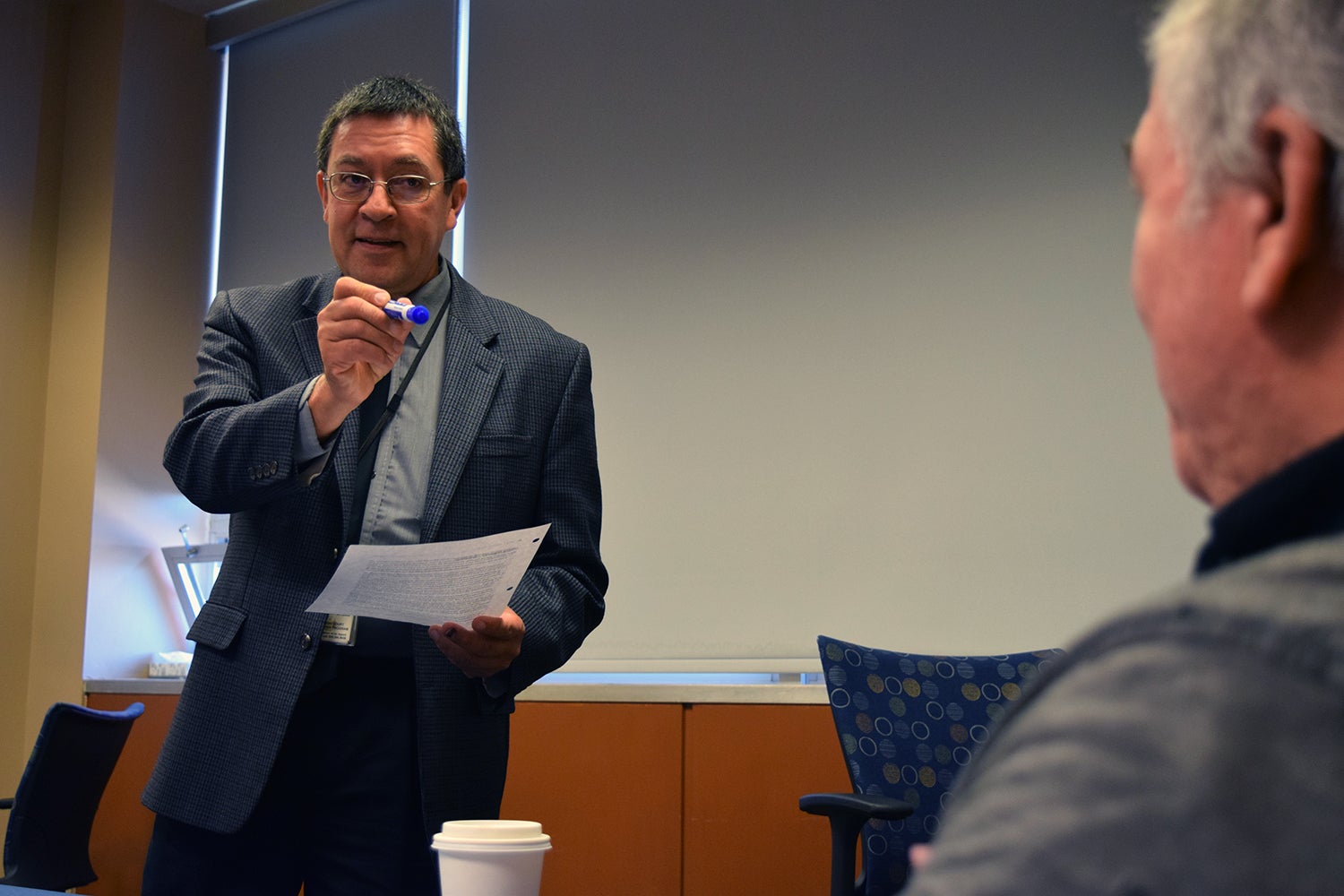In some Wisconsin communities, not paying local fines can lead to jail time.
A recent study from the American Civil Liberties of Wisconsin examines how Wisconsinites are affected by municipal court fines.
Those local courts don’t impose criminal penalties, but they can impose fines for civil citations like driving without a license or violating a dog leash ordinance.
Stay informed on the latest news
Sign up for WPR’s email newsletter.
Emma Shakeshaft is an ACLU attorney who led the study. She argues there are really “two systems operating in municipal court” — one for those who can afford to pay and one for those who can’t.
Unpaid fines could lead to a suspended driver’s license, and in some cases, jail time.
“(That) can lead to job loss,” Shakeshaft said in an interview with WPR. “It can lead to employment discrimination. It could lead to the loss of housing.”
The ACLU sent open records requests to roughly 220 municipal courts in Wisconsin and received data from 173 of them.
Those findings showed that the majority of municipal courts in Wisconsin no longer use the threat of incarceration because of nonpayment.
But it found that at least 52 courts in the state do use what are known as warrants or writs of commitment to go after unpaid fines. If the fines remain unresolved, those actions can result in jail time.
Shakeshaft argues that’s counterproductive. Some local courts, like Shawano-Bonduel Municipal Court and Ashwaubenon Municipal Court, use so-called “stay to pay” contracts in which someone can use time in jail to pay off their debts, the study found. Under Wisconsin law, one day in jail must satisfy a minimum of $50 in debt and a person can spend no longer than 90 days in jail for each charge.
“And so not only does does the municipality not get money for these commitments, but they also have to pay the county very often for for incarcerating somebody to pay off their debt by jail time,” Shakeshaft said.
The ACLU study recommends that localities stop the use of warrants and writs of commitment over unpaid fines. It also urges courts to erase outstanding warrants and commitments, some of which are from decades prior.
Wisconsin Public Radio, © Copyright 2025, Board of Regents of the University of Wisconsin System and Wisconsin Educational Communications Board.





